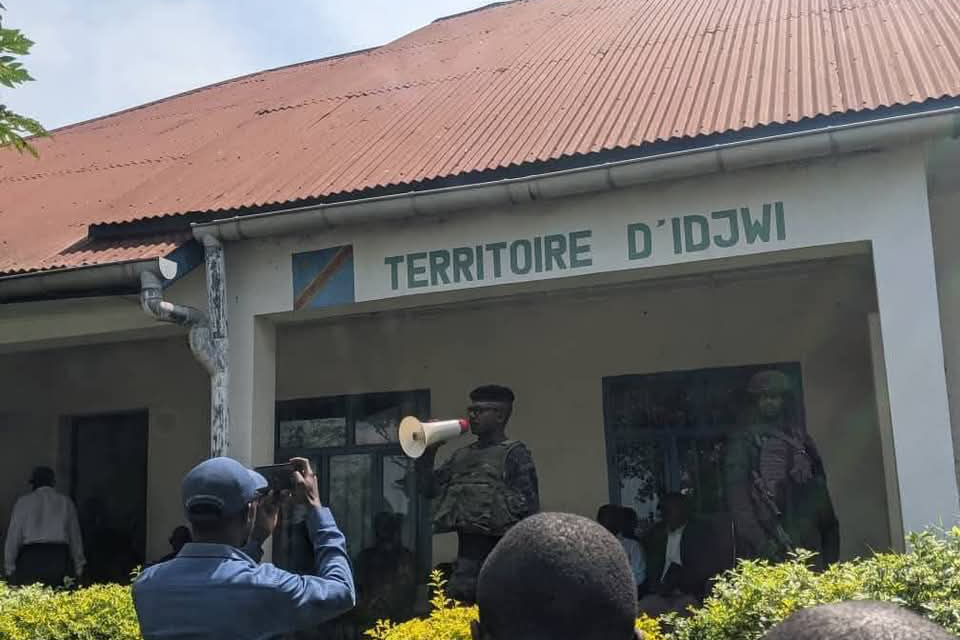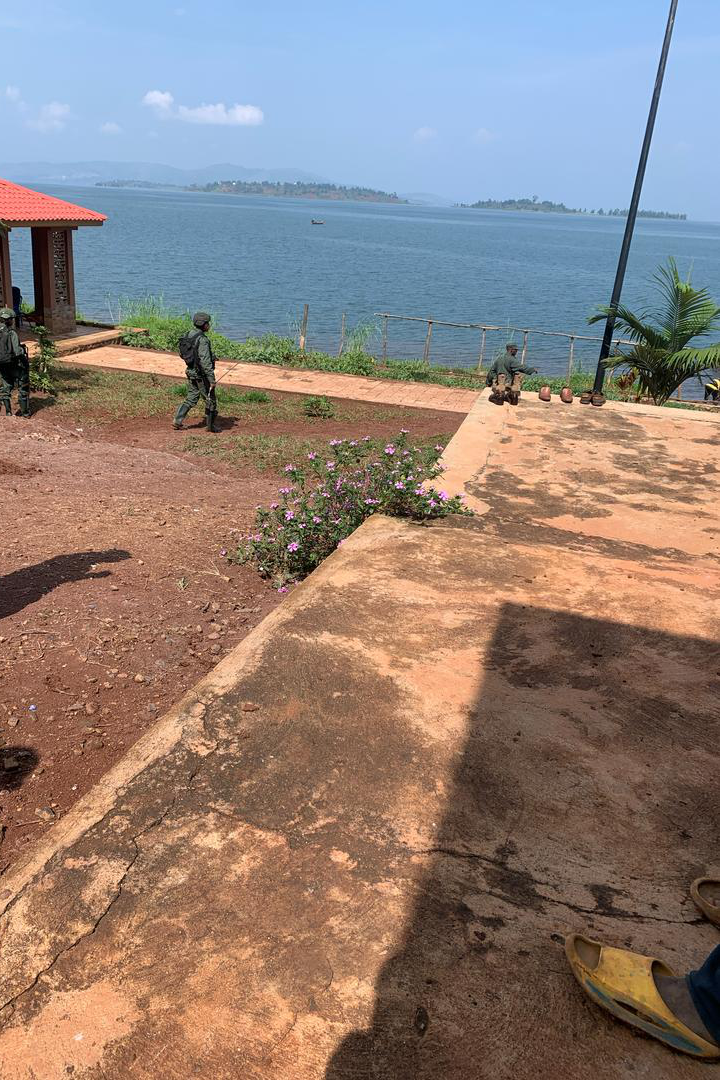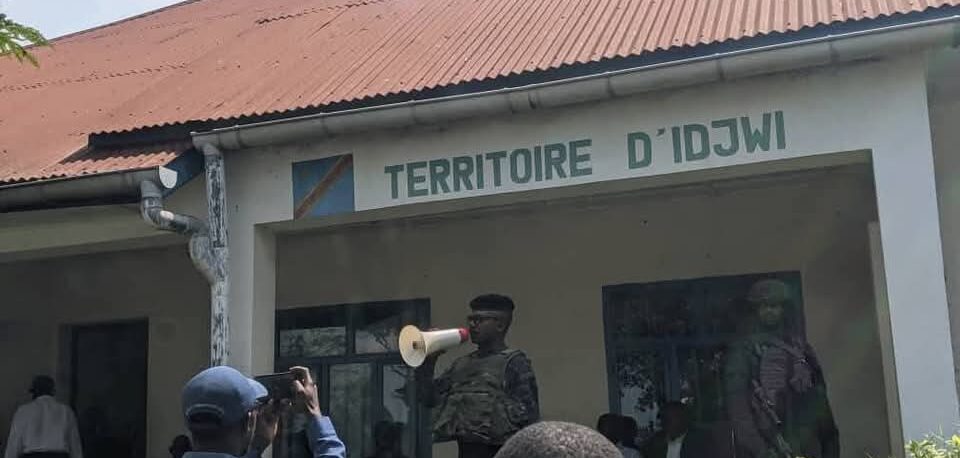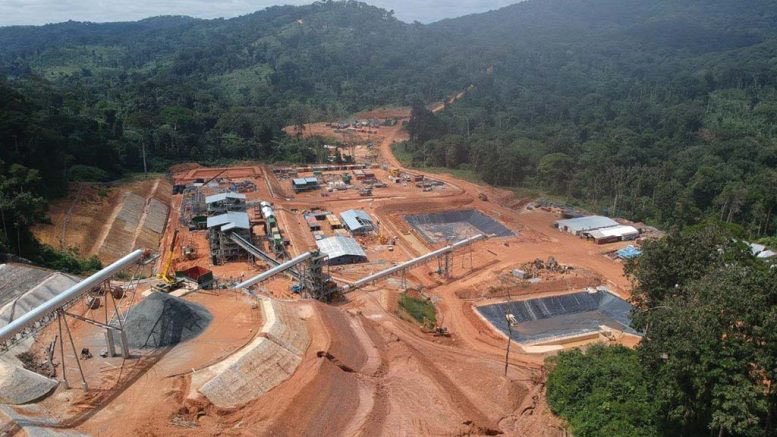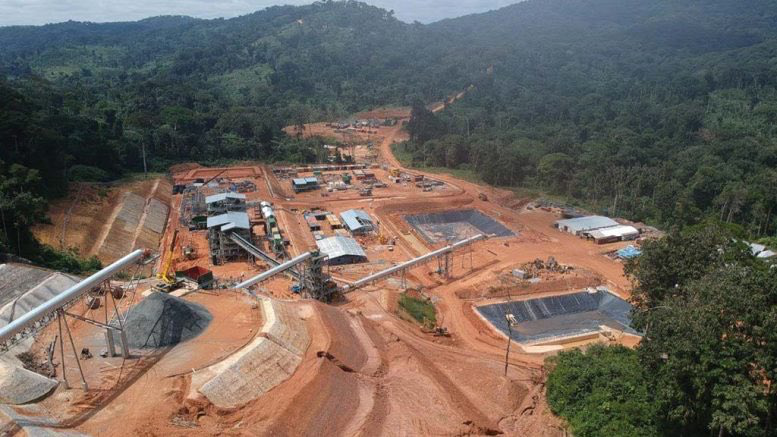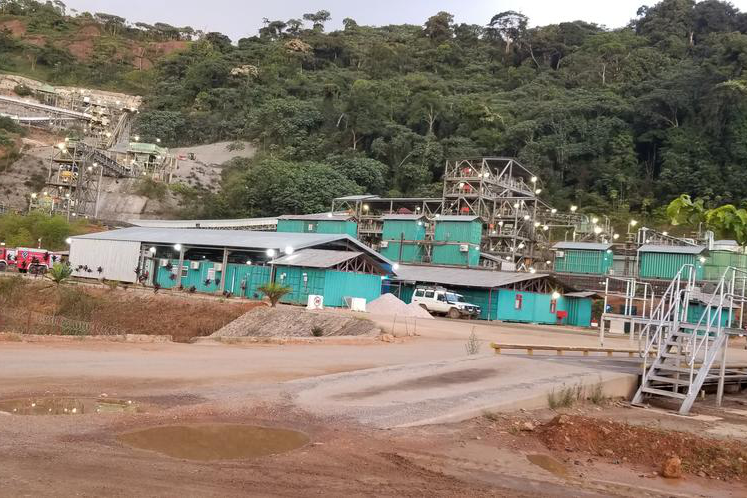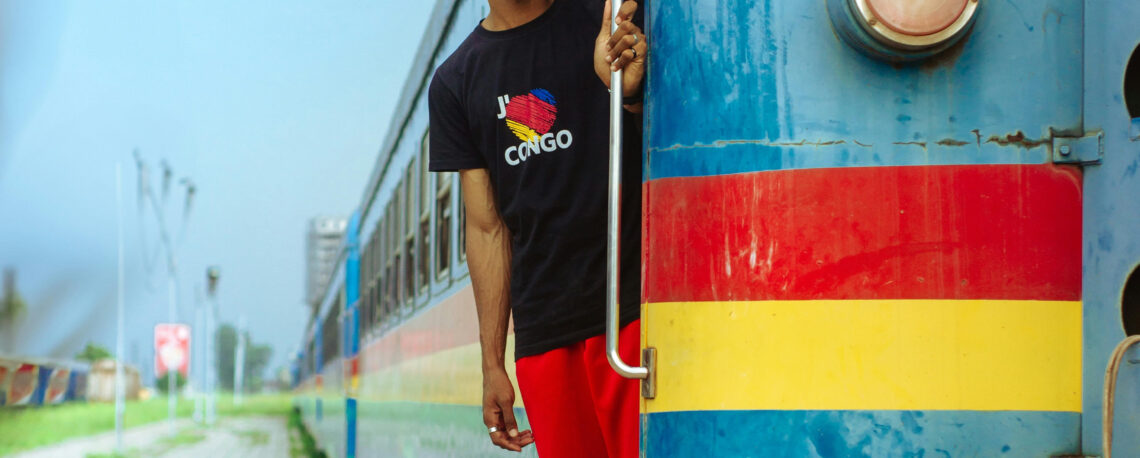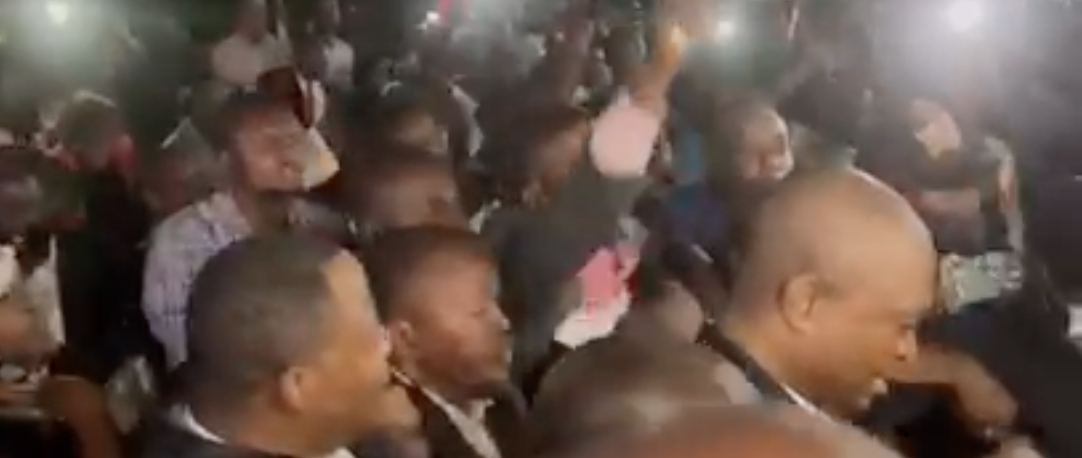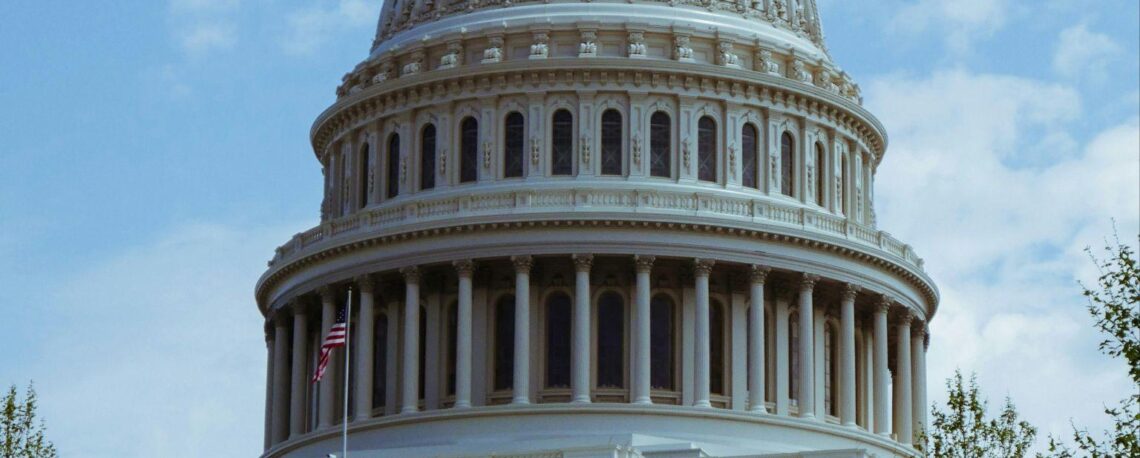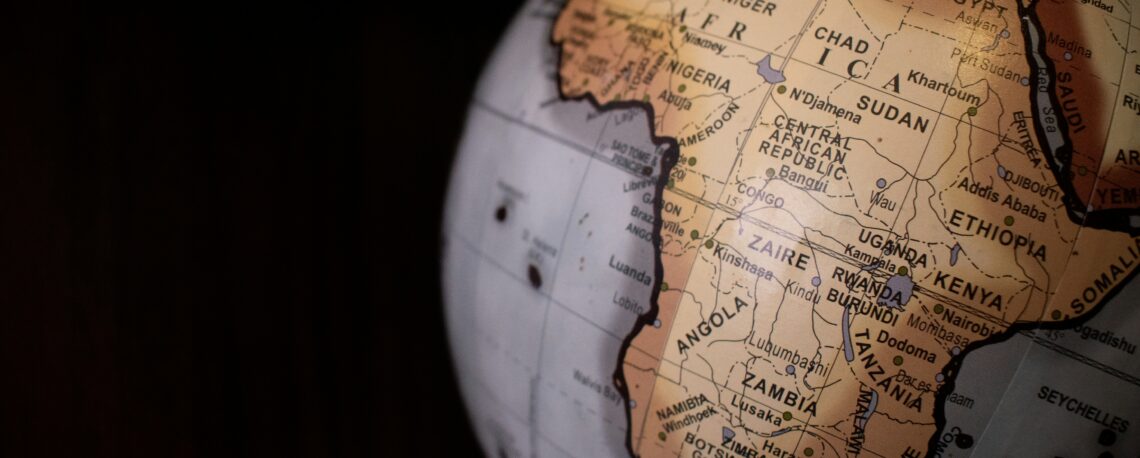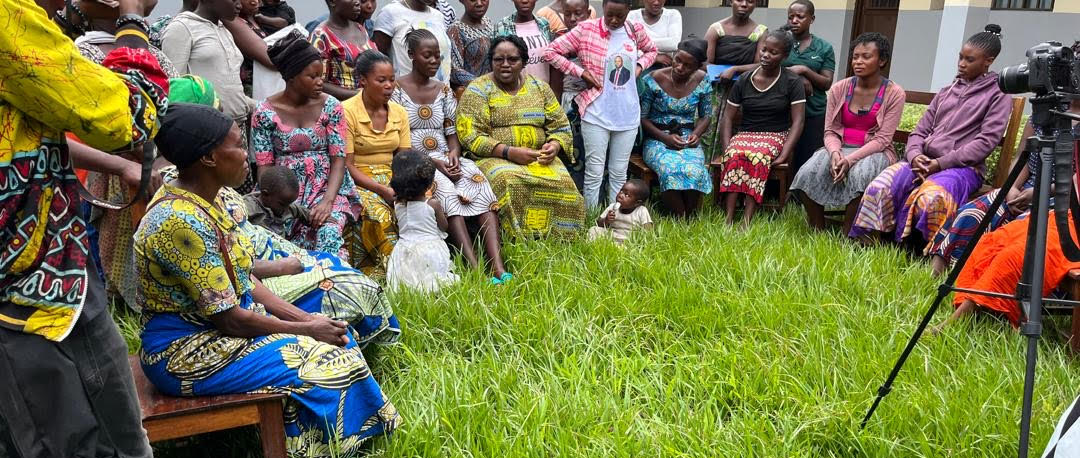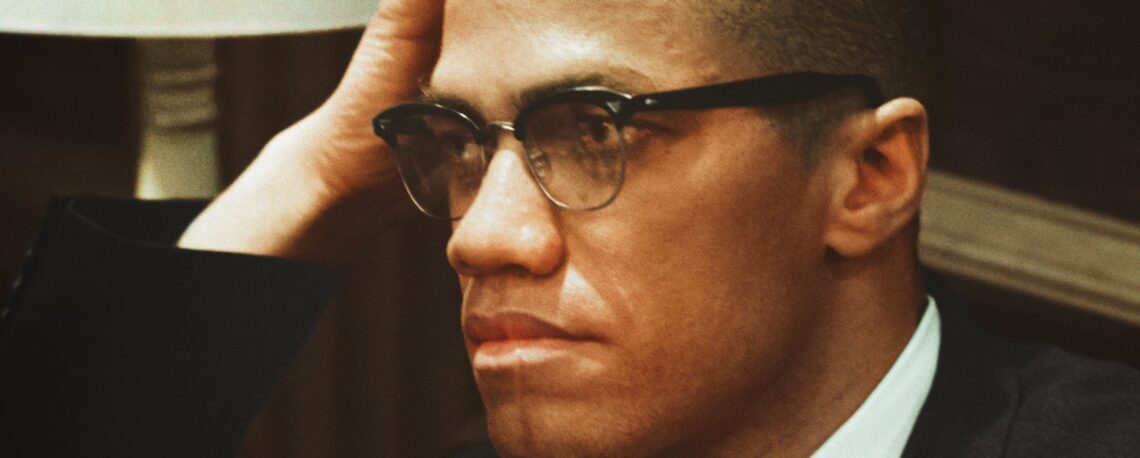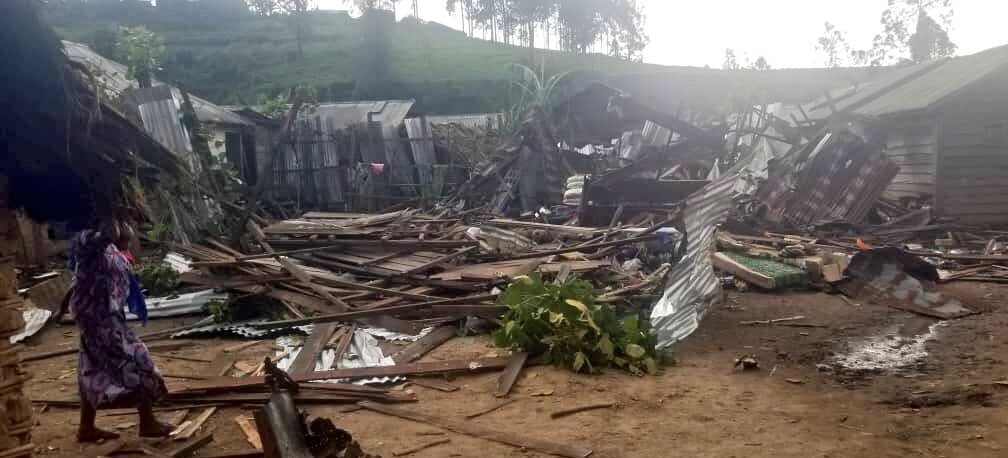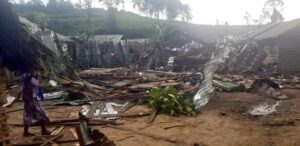The Democratic Republic of Congo (DRC) is a country blessed with abundant natural resources, including precious minerals like cobalt, diamonds, gold, and coltan. However, to the Congolese, this abundance has had the unintentional effect of attracting much violence and misfortune to them. The minerals that should have brought prosperity have, instead, attracted foreign exploitation, conflict, and suffering. To understand how we got here, we have to look back at the DRC’s dark history under Belgian colonialism, especially the brutal reign of King Leopold II, and how that legacy still shapes the exploitation of Congo's minerals today.
In the late 19th century, King Leopold II of Belgium seized control of the Congo, not as a Belgian colony but as his personal property. It sounds absurd today, but Leopold essentially owned the Congo Free State, as it was then called, from 1885 to 1908. Under the guise of bringing civilization to the African continent, Leopold's true goal was to extract as much wealth as possible, mainly through the rubber and ivory trade.
Despite wealth being the primary goal, Leopold's regime was notoriously brutal. Millions of Congolese were forced into labor, suffering mutilation, torture, and death if they didn't meet quotas for rubber extraction. The atrocities were so extreme that even other colonial powers and humanitarian organizations of the time took notice, which led to an international outcry. By the time Leopold relinquished control to the Belgian government in 1908, an estimated 10 million Congolese had died.
Though Belgium took over from Leopold, things didn’t get any better for the Congolese. The focus on extracting resources continued, with little regard for the welfare of the local population. When Congo gained independence in 1960, the newly independent nation plunged into chaos. The Cold War powers saw Congo as a battleground for influence, making the goal of reaching stable governance much more difficult.
This instability, combined with the presence of valuable minerals, set the stage for the current state of the Congo. The DRC is home to vast reserves of minerals that are essential to modern technology, like cobalt, which is a key component in the batteries that power everything from smartphones to electric cars. Coltan, another mineral found in abundance in Congo, is critical to the production of electronics.
Despite the Congo being an independent state, the exploitation of its resources still continues. Today, multinational corporations and corrupt elites in the Congo profit from the country’s mineral wealth, while most Congolese people live in poverty. Much of this modern exploitation is driven by the global demand for electronics and renewable energy technologies, which rely almost exclusively on Congo’s minerals.
The situation mirrors, almost exactly, King Leopold’s reign. Just like during the colonial period, foreign interests and local elites extract wealth from the country while the people of Congo bear the brunt of the suffering. There’s still a brutal disregard for human life in the pursuit of profit, though now it's for high-tech gadgets.
Breaking this cycle is no easy task. The DRC's vast mineral wealth should be a means to achieve prosperity and stability, but without proper governance, transparency, and international recognition, it continues to scar the nation and those who live there. Global tech companies have been called out for their role in perpetuating the exploitation of Congo’s minerals, and some have made efforts to trace their supply chains and ensure they are not sourcing conflict minerals. However, these efforts consistently fail to tackle the problem in a way that is beneficial for those who are harmed.
To truly break the cycle, multinational corporations must be held accountable. This means enforcing stricter regulations on the sourcing of minerals, supporting sustainable and ethical mining practices, and investing in the development of the DRC in ways that benefit the local population.
Moreover, the Congolese people must retain more control over their resources. This means not just ensuring that they receive a fair share of the profits, but also supporting stronger governance and anti-corruption measures within the country. Only by addressing the deep-rooted issues of governance and exploitation can the DRC’s mineral wealth finally be used to benefit its people, rather than to enrich foreign powers and local elites at their expense.
The exploitation of the DRC’s minerals today is part of a long and painful history that began with colonialism. King Leopold’s reign of brutal capitalism set the stage for the exploitation that has continued, in one form or another, to this day. While the actors have changed, the fundamental issue remains: the vast resources of the Congo have enriched others while leaving its people in poverty. Until this cycle is broken, the shadow of colonialism will continue to loom large over the DRC, and the world will remain complicit in the exploitation of a nation that deserves so much more.
Written by Dylan Legend
